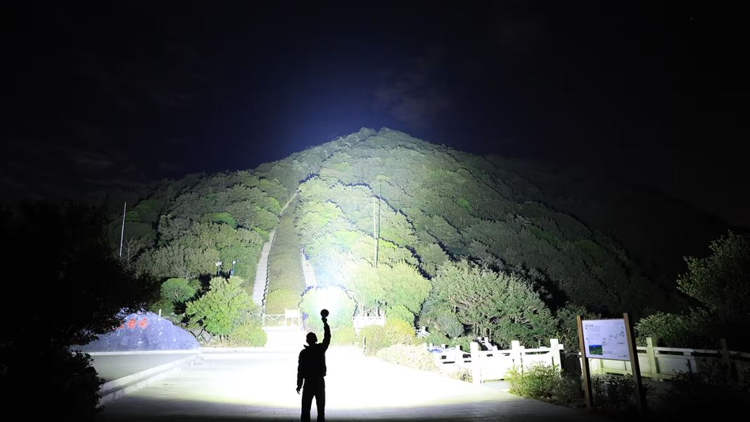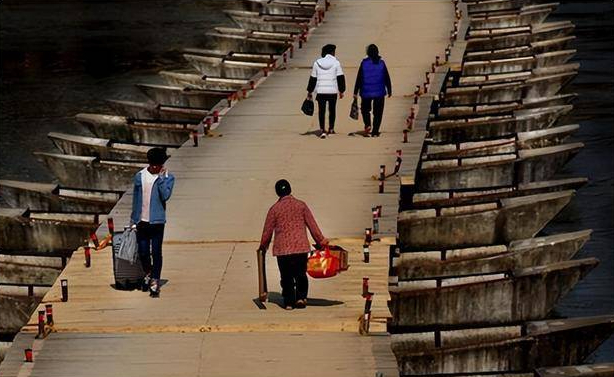A Missouri family recently got a taste of internet stardom after sharing a series of hilariously bad “professional photograph” that they had paid just under $250 for. And the funniest thing is they consider it money well spent.
In May of last year, Dave and Pam Zaring, of Hillsboro, Missouri, were contacted by a middle-aged woman who marketed herself as an experienced professional photographer. Having gotten married three years ago, the couple decided it was time for their first family photo shoot, so they took the so-called professional photographer up on her offer. The couple, their two sons, Cade, 12, and Connor, 8, and Dave’s mother Sharon drove to the lovely Forest Park, in St. Louis, where they paid the photographer just under $250 to snap a few pics of them as one big happy family. The shoot went great, and the woman said she would be in touch again in a few weeks, after editing the photos. However, weeks turned to months, and the family nearly forgot all about the pics. I guess, they figured they got scammed and moved on with their lives.





















